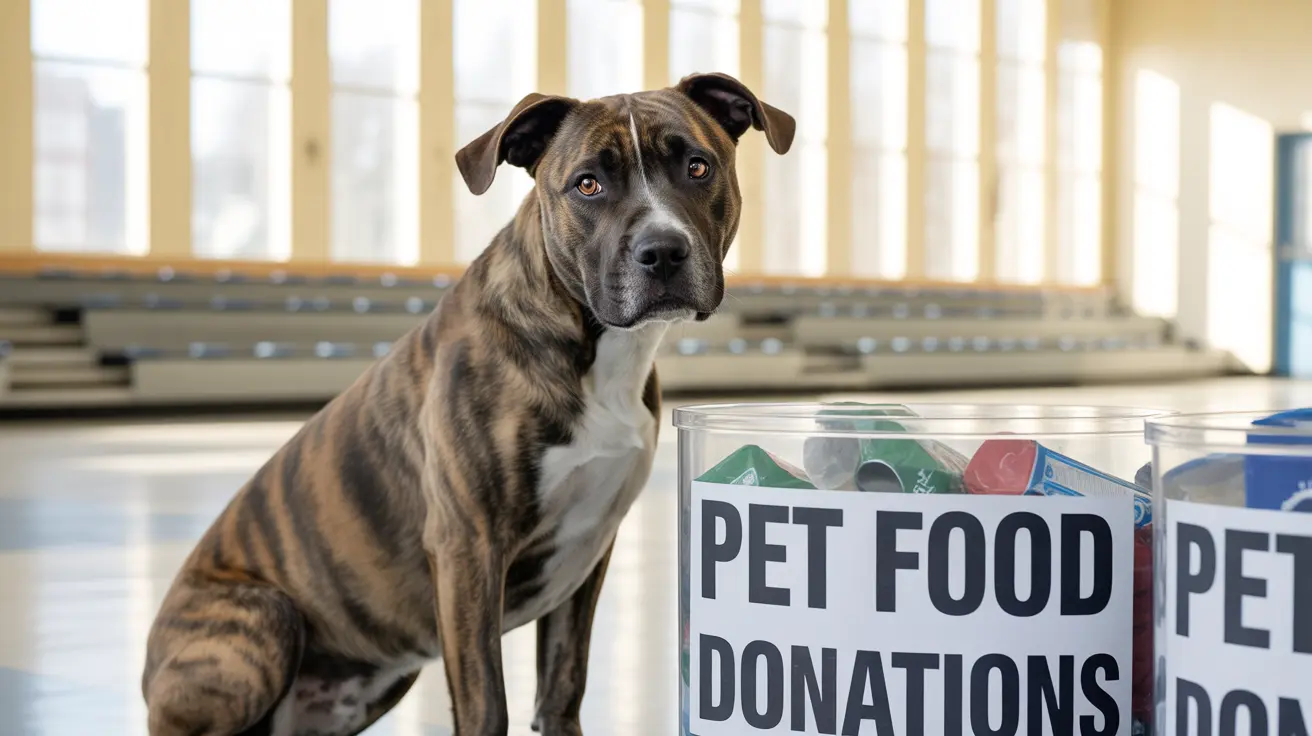Is Imodium Safe for Dogs? What Every Dog Owner Should Know
When your dog has diarrhea, you might wonder if over-the-counter medications like Imodium (loperamide) are safe to use. The short answer: sometimes, but only with a veterinarian's guidance. Let's break down what the CLEANED_CORPUS reveals about Imodium's safety and use in dogs.
What Is Imodium?
Imodium, also known by its generic name loperamide, is an anti-diarrheal medication approved by the FDA for humans. In veterinary medicine, it's considered an off-label treatment—meaning it's not officially approved for dogs, but veterinarians may prescribe it in specific situations.
When Might a Vet Recommend Imodium?
- Mild, acute diarrhea not caused by infection or toxins
- Stress-related diarrhea
- Certain chemotherapy side effects
Imodium works by slowing down intestinal movement, giving the gut more time to absorb water and form firmer stools. However, it only treats the symptom—not the underlying cause—of diarrhea.
When NOT to Use Imodium in Dogs
- If diarrhea is due to infections (bacterial or viral), parasites, toxins, or blockages
- If your dog has liver or kidney disease, respiratory problems, brain injuries, Addison’s disease, hypothyroidism, or is pregnant/nursing
- If your dog is elderly, debilitated, or has existing bacterial/viral intestinal infections
For many mild cases in otherwise healthy dogs, simple home care—like fasting for a short period and feeding a bland diet of cooked white rice and chicken—may be safer and just as effective.
The MDR1 Mutation: A Serious Risk for Some Breeds
Certain breeds (especially herding types) carry a genetic mutation called MDR1 (multidrug resistance 1). This mutation prevents proper metabolism of loperamide and can lead to severe neurotoxicity even at standard doses. At-risk breeds include:
- Collies
- Australian Shepherds
- Shetland Sheepdogs
- German Shepherds
- Old English Sheepdogs
- English Shepherds
- Longhaired Whippets
- Border Collies
- McNabs
- Silken Windhounds
If your dog belongs to one of these breeds—or could be mixed with them—never give Imodium without genetic testing and explicit veterinary approval.
Dosing and Administration: Why Precision Matters
Dosing must always be determined by a veterinarian.
- The typical empirical dose: about 0.1–0.2 mg/kg orally every 8–12 hours (but this varies).
- Liquid forms are preferred for small/toy breeds for accuracy.
- Treatment should not exceed three days without re-evaluation.
If a dose is missed, don't double up; simply resume as directed. Never use products containing other active ingredients like simethicone or artificial sweeteners (xylitol), which can be toxic to pets.
Puppies, Seniors & Medically Fragile Dogs: Extra Caution Needed
Puppies, geriatric pets, and those with health issues are at higher risk of complications from Imodium. They should only receive it with clear veterinary instruction—or not at all.
Side Effects & Signs of Trouble
- Mild: constipation, bloating, decreased appetite, drowsiness/lethargy
- Severe: vomiting, excessive drooling, toxic megacolon, pancreatitis, impaired coordination or depression
If you notice collapse, extreme drowsiness/confusion, trouble breathing, abdominal pain/bloating, blood in stool/vomit or signs of dehydration (dry gums/sunken eyes/skin tenting), seek emergency veterinary care immediately.
Drug Interactions: What to Watch For
Loperamide can interact negatively with many drugs:
- Certain antibiotics (erythromycin; trimethoprim; sulfamethoxazole)
- Antifungals (ketoconazole; itraconazole)
- Aniarrhythmics (amiodarone; propranolol; quinidine; verapamil)
- Moxidectin; antihistamines; MAO inhibitors; tranquilizers; heart/blood pressure meds; chemotherapy drugs
Your vet needs a full list of your dog's medications before prescribing Imodium.
Bland Diets & Supportive Care Often Work Best
Mild diarrhea often resolves with supportive care:
- A short fast (12–24 hours) if appropriate for age/health status
- Bland diet: cooked white rice plus low-fat chicken/cottage cheese
- Plenty of fresh water
If symptoms persist beyond one to two days—or worsen—contact your vet promptly.
The Bottom Line on Imodium Safety for Dogs
Imodium can be helpful in select cases but isn't universally safe. Breed-specific risks (MDR1 mutation), pre-existing conditions and potential drug interactions make unsupervised use dangerous. Always consult your veterinarian before giving any medication—even over-the-counter ones—to your dog. If accidental overdose occurs or you suspect toxicity after giving Imodium call your vet or an animal poison control center right away. And remember: treating the underlying cause of diarrhea is always more important than just stopping the symptom.





